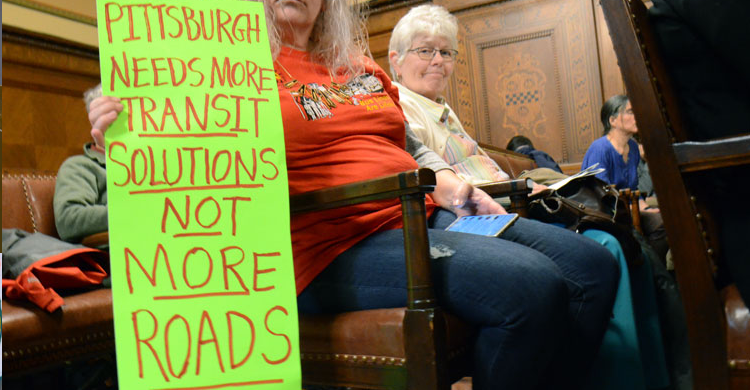
They say you can’t fight City Hall.
Wait until they hear about how residents are organizing to beat the Mon- Oakland Connector, and redirecting that funding to their neighborhood’s essential needs: increased public transit, sidewalks, bus shelters, bike connections, affordable housing, and small business support.
On Monday, 12/14, it became official when City Council voted UNANIMOUSLY to pull $4.1 million from the Mayor’s misguided Mon-Oakland Connector Project. The amendment put forward by Councilman O’Connor reallocates that money to invest:
- $1.9 million for the city’s Housing Opportunity Fund
- $1 million for bike and pedestrian infrastructure in Hazelwood
- $500,000 to housing in federally designated areas
- $420,000 to the Urban Redevelopment Authority’s small business programs
- $270,000 to the Avenues of Hope business district funding for historically Black neighborhoods
Check out these reports for more information on the amendment and vote:
- “Pittsburgh City Council Plans To Pull Mon-Oakland Connector Funding This Year” by Margaret J Krauss at WESA
- “Pittsburgh City Council to move $4.1 million from Mon-Oakland Connector to affordable housing, small business programs” by Ashley Murray at the Pittsburgh Post-Gazette
- “Pittsburgh City Council shifts over $9 Million Away from Police, Mon-Oakland Connector in Proposed Budget” by Ryan Deto at the Pittsburgh City Paper
Neighbors win when we organize together.
You can help keep the pressure up for change.

This victory comes after years of organized residents demanding transit justice
It all started back in 2015 when residents of Four Mile Run – a quiet enclave in Pittsburgh’s Greenfield neighborhood – learned about Bill Peduto’s plan to build a road through the Southwest corner of Schenley Park and “The Run” to accommodate driverless shuttles between Oakland and the still-to-be-completed Hazelwood Green development.
Needless to say, Run residents were outraged. After doing nothing to fix the devastating flooding that had been plaguing their neighborhood for a decade, the City was going to build a road that would allow privately-operated shuttles to run every 10 to 15 minutes through The Run’s small streets – next to its basketball court and playground. It would also introduce vehicle traffic into a public park on what is now a car-free bike path running next to a heavily-used playing field. Then, in order to justify the project, the City declared that this boutique shuttle service – which would move an anticipated 180 riders per day to a single destination – was intended to help alleviate the long-ignored mobility issues faced by residents in neighboring Hazelwood. These issues, including lack of access to healthy food, are carefully laid out in the Greater Hazelwood Neighborhood Plan – which calls for extending bus service to all parts of the City as well as improved bike and pedestrian access and safety – none of which were part of the City’s original shuttle road plan.
Over the next five years, residents and community organizers in Hazelwood, Greenfield and Oakland worked tirelessly to expose the Mon-Oakland Mobility Project for what it is – a vanity project for the Mayor and a taxpayer-funded subsidy for big-donor special-interest groups, including Almono LP and the universities in Oakland. Residents wrote countless letters, filed Right-to-Know requests, spoke out at public meetings, staged community marches, testified to City Council, lobbied individual Council members, and published articles in local newspapers like the Hazelwood Homepage.
Our Money. Our Solutions.
Then in Dec. of 2019, with the help of community organizing by Pittsburghers for Public Transit (PPT), a community-led alternative plan to the shuttle road was published: Our Money, Our Solutions.
Since then, nearly 1,250 individuals and 23 community organizations have signed on to Our Money, Our Solutions. Data analysts with student activist organization Tech4Society published a comprehensive report outlining how the expanded bus service in Our Money, Our Solutions would move vastly more riders at a far lower cost per rider to more places across the City – including Oakland in the same amount of time.
Following the report, PPT petitioned and won weekend service for the 93 bus running from Hazelwood to Schenley Park, Squirrel Hill, Oakland, Bloomfield, and Lawrenceville – connecting residents to critical employment, food shopping, and healthcare destinations across the City. Pressure from Four Mile Run has also resulted in tangible progress in flood mitigation by the Pittsburgh Water & Sewer Authority.
As for the Mon-Oakland Mobility Project itself – budgeted at $20+ million – the City has done nothing over the past five years but spent an estimated $2 million on design and consulting fees for a shuttle road that residents never asked for and do not want.
At a recent online public meeting, nearly 200 people – including Councilman O’Connor – joined to speak out against using public dollars to help private interests and in defense of equitable infrastructure investments that meet the needs of residents today. We are now on the threshold of starting to defund the Mon-Oakland Mobility Project and reallocating that money to help residents and small businesses in our most vulnerable communities.
When we fight, we win.
There’s still a long way to go, but the bottom line:
Organizing works.
Neighbors win when we organize together.
You can help keep the pressure up for change.
